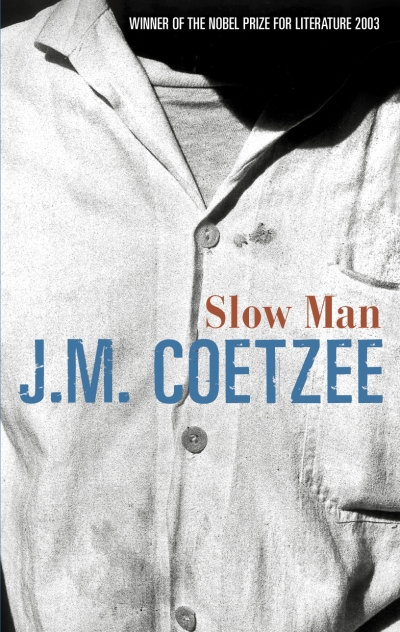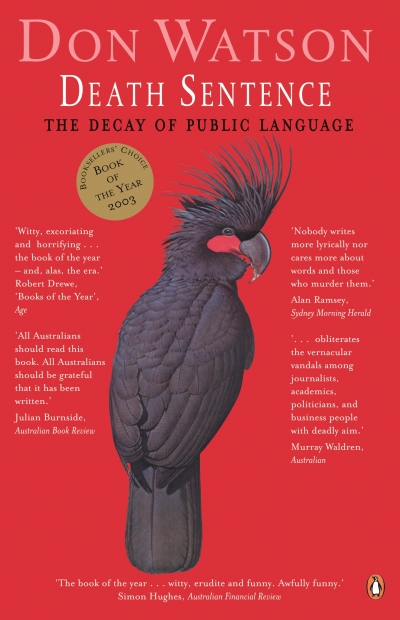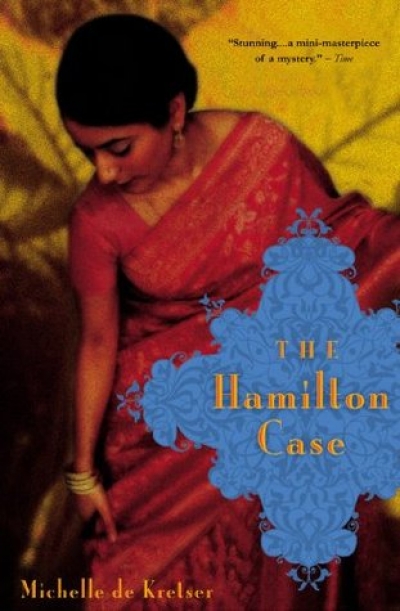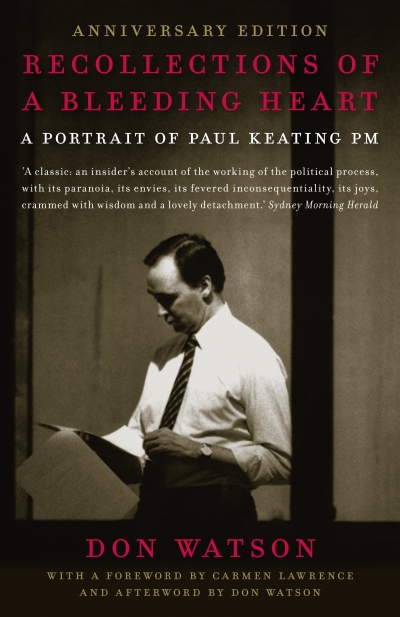Knopf
Death Sentence: The decay of public language by Don Watson
by Julian Burnside •
Death Sentence: The decay of public language by Don Watson
by Julian Burnside •
Broken Song: T.G.H. Strehlow and Aboriginal possession by Barry Hill
by Frances Devlin-Glass •
Recollections of a Bleeding Heart: A portrait of Paul Keating PM by Don Watson
by Neal Blewett •









